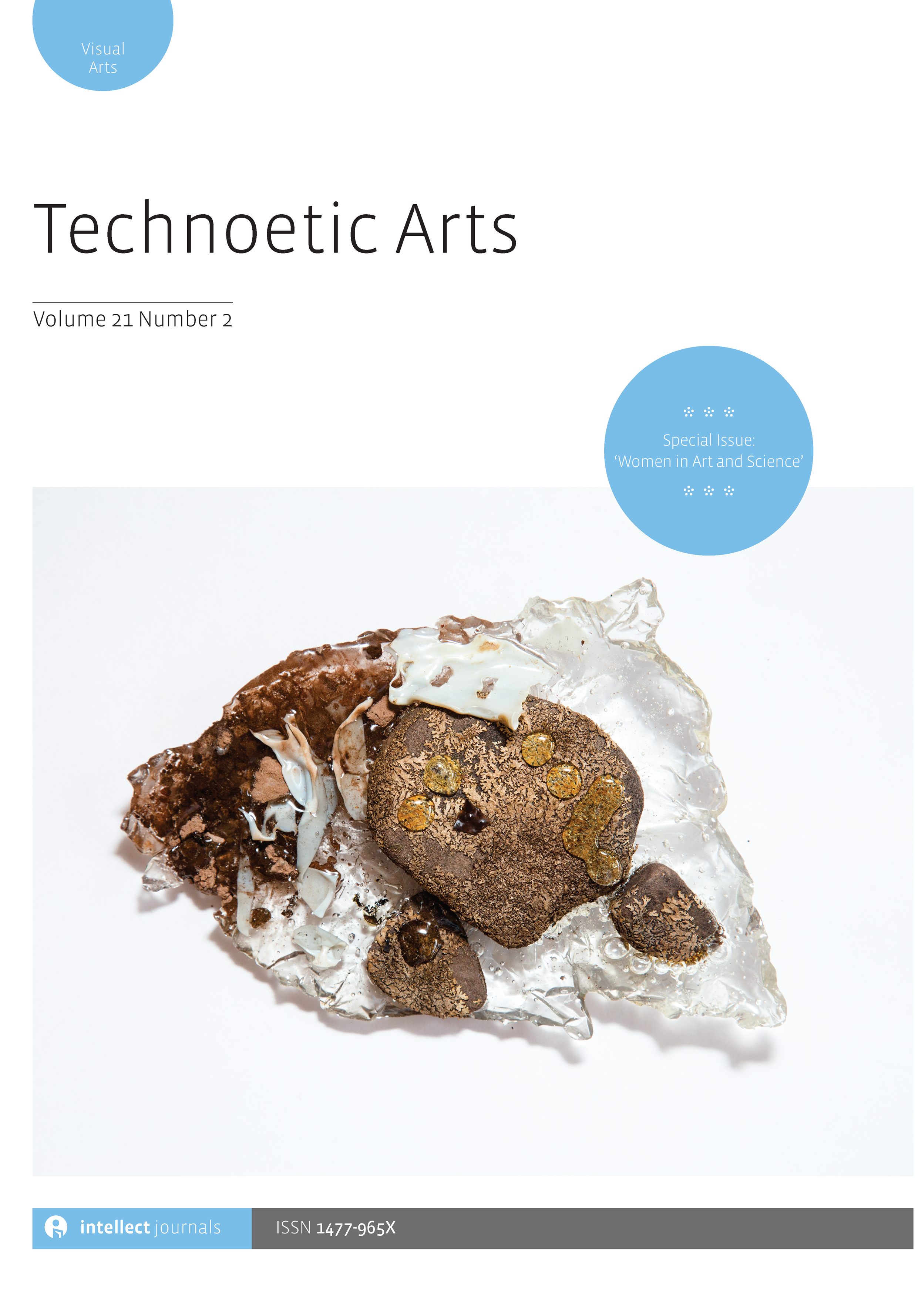
Full text loading...

The calamitous warnings of climate science have been latched onto by a growing roster of biotech start-up companies who propose to invent lab-generated meat alternatives to the ecologically disastrous livestock industry. They use solutionist hype to promote ‘sustainable’, ‘eco-friendly’, ‘cruelty-free’, ‘clean meat’. This moralized marketing, however, masks a continued reliance on animal agriculture. The fact remains that mammalian cells and tissues are grown in vitro using foetal calf serum, a blood-derived nutrient. Is it really possible to grow meat without banking on the bodies of nonhuman others? Might there be more tasteful material? In Bioart Kitchen: Art, Feminism and Technoscience, Lindsay Kelley asks, ‘[h]ow do technologies taste?’ This article proposes one answer to her prompt, centred on a technofeminist contextualization of the research-creation project, Mooncalf (2019–present). Mooncalf is a series of wet lab experiments and artistic outputs that showcase the potential viability of human menstrual serum for culturing mammalian tissue. These experiments present a direct provocation that problematizes the cellular agriculture industry as it pertains to the production of ‘clean meat’ and instead works towards a proof-of-concept ‘unclean’ meat prototype. Mooncalf is a symbolic precursor or speculative promise meant to facilitate a ‘cultural taste’ for feminist biotechnologies.

Article metrics loading...

Full text loading...
References


Data & Media loading...

Publication Date:
https://doi.org/10.1386/tear_00039_1 Published content will be available immediately after check-out or when it is released in case of a pre-order. Please make sure to be logged in to see all available purchase options.